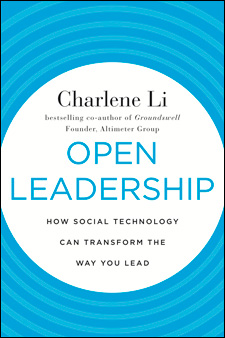Leaders are readers!
But perhaps not all readers, just like leaders, are the same. My tried and true reading style used to involve a beverage of choice, a comfy chair in a room with some ambiance, and a highlighter. Yellow, pink, blue, orange. Books full of colorful lines, highlighting all of the pithy quotes that inspire.
And then I had kids. I stopped reading for pleasure (and sometimes for work) between 1995 and 2007. I read the details of medication dosages and researched vaccinations, but the days of a glass or mug of something with a great book faded as the highlighters dried out and were replaced with washable markers or bath crayons. I was the mother at my youngest child’s first day of first grade (cue Veggie Tales) who sang, “It’s the most wonderful time of the year!” because the baby of the family was finally in school all day.
Reading for pleasure came back slowly, but with this new season of life, reading, and leadership came a need for new highlighters. Enter friend, colleague, and mentor Greg Jao. Greg is a voracious reader. He is known to send protégés and colleagues copies of magazine articles or book suggestions that he has come across, and each one a gem. (Just in case you didn’t catch that, read the last sentence again. It’s a freebie.) And I asked him a few years ago about his note-taking methodology.
I’ve never read a book the same way.
In a nutshell, I still highlight but I hold both a pen and a highlighter. I grew up using chopsticks so it seems normal to me. Anything highlighted or underlined then gets cross-referenced in the front cover and blank pages of new book. I tend to rewrite the entire quote with the page number. That way you don’t need to flip through an entire book of highlights to find the quote you were looking for. Brilliant! I also write down my own questions or commentary, which is why I am often reluctant to loan out my books. (Bet some of you are wondering what I wrote in my copy of “Lean In”.)
This doesn’t work for everyone, but it has helped me process a bit more as I am reading, retain more of what I am reading (though anything would be better than what I can remember from those infant/baby/toddler years), and exercise my critical thinking skills.
What about you? How do you take notes while you a reading? And do you have a favorite brand pen or highlighter?

 I grew up believing that taking advantage of the very best education money and hours of studying could get you was the key to the Asian American dream. There’s no doubt a strong education remains key but an Ivy League degree isn’t the only key. The world of social technology – the development and use of – is changing the way leadership and social power works.
I grew up believing that taking advantage of the very best education money and hours of studying could get you was the key to the Asian American dream. There’s no doubt a strong education remains key but an Ivy League degree isn’t the only key. The world of social technology – the development and use of – is changing the way leadership and social power works. Kathy Khang blogs at
Kathy Khang blogs at